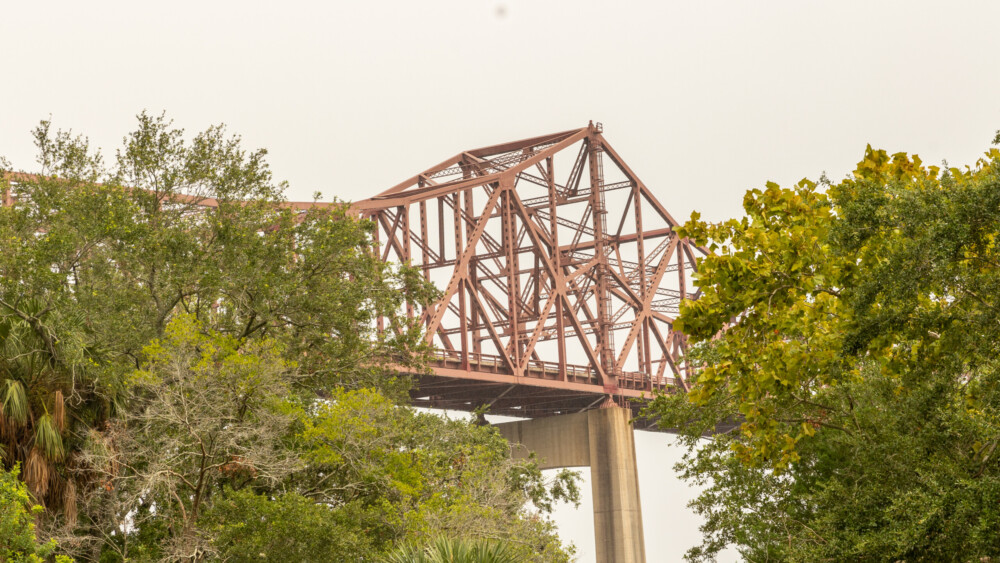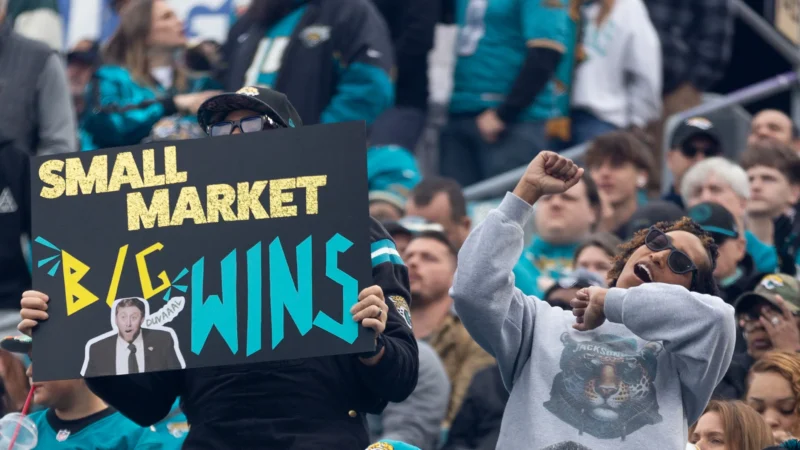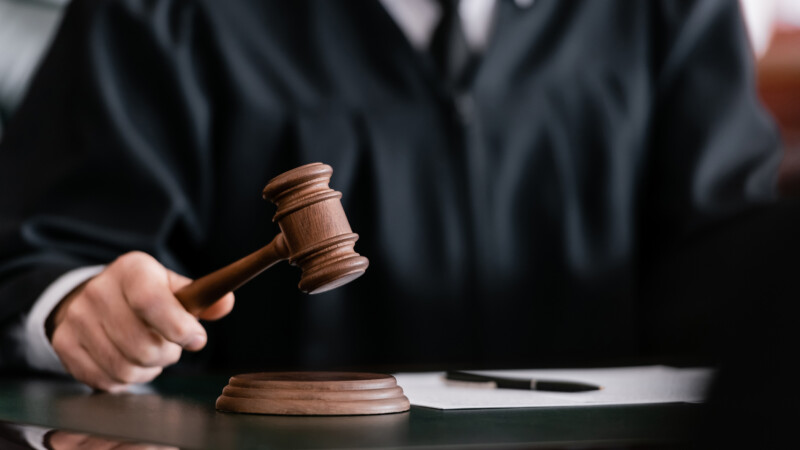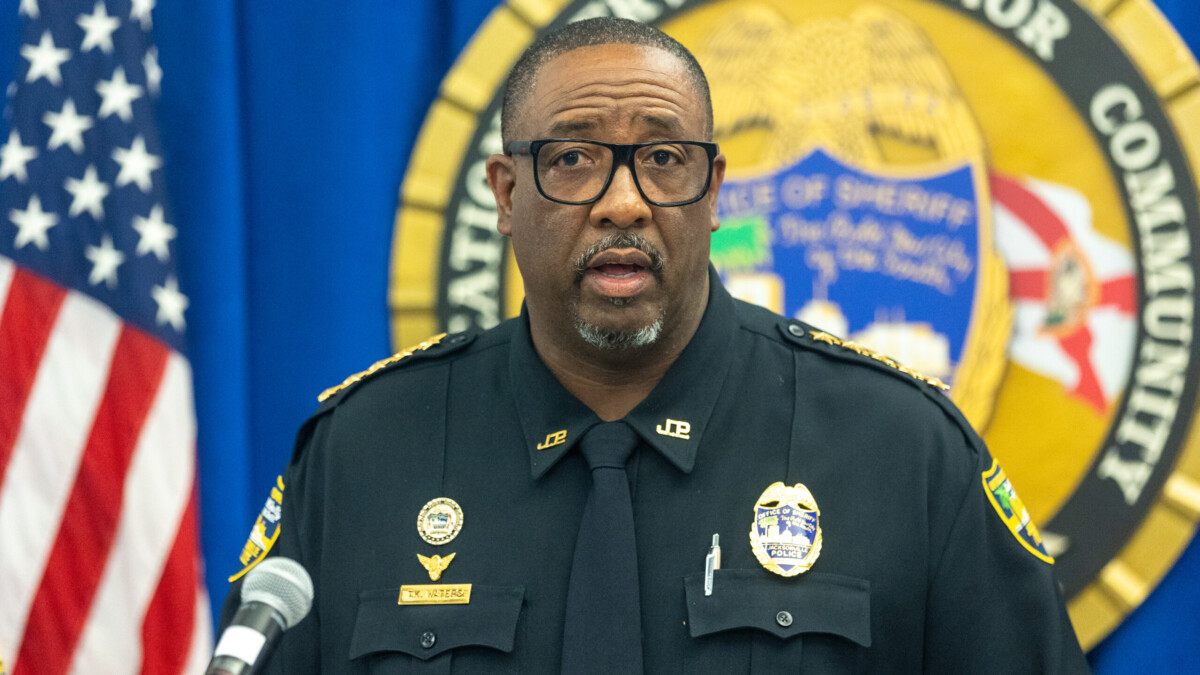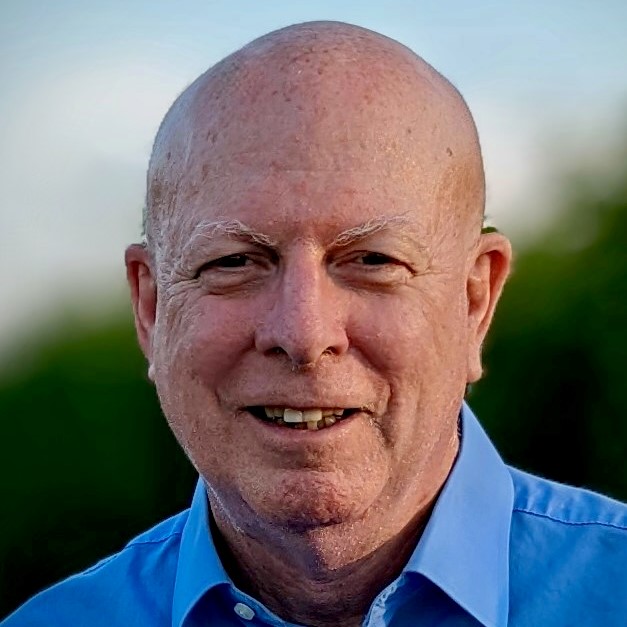
The Mathews Bridge is a relic of the past. In contrast to the renovated and widened Fuller Warren Bridge, the Mathews Bridge is sorely out of date — and so is its name.
Opened in 1953, it was designed to unite Arlington and the rest of Jacksonville. Today, the bridge is “aging, obsolete and unsafe,” according to Alan Bliss, CEO of the Jacksonville History Center. It is so narrow that when a car breaks down, traffic backs up for miles.
And its name reflects an era of legalized segregation when African Americans had too few civil rights.
The bridge was named for John E. Mathews Sr. in large part because he advocated for it and other infrastructure improvements during decades of public life. Mike Goldman, retired Florida Department of Transportation spokesman, wrote for The Jaxson that “Mathews’ tenacity was legendary. While serving in the Florida House of Representatives in the 1940s the then red-headed Mathews conducted a three-day filibuster.” Sad to say, that legendary persistence was used to suppress political power for African Americans.
At first glance, the Mathews resume has the hallmarks of a civic leader. He was the county attorney, a state representative, a state senator and the chief justice of the Florida Supreme Court. But there is more. He believed power should be reserved for white men. To read his comments today is to be shocked.
I first encountered them while researching lynching incidents in Jacksonville from the early 1900s. Like many other areas of the Deep South, lynching was acceptable behavior in Jacksonville.
As I read microfilm of the morning Florida Times-Union and afternoon Metropolis from 1920, the news coverage focused on women obtaining the right to vote. The 19th Amendment to the Constitution was passed by Congress in 1919 and ratified by the necessary 36 states in 1920 after many decades of struggle by suffragettes and their allies, no thanks to the state of Florida. (The state’s two U.S. senators, Duncan Fletcher and Park Trammell, voted against it. Florida, like several other states of the former Confederacy, did not bother to ratify voting rights for women until decades later.)
And as the 19th Amendment took effect in 1920, turns out Jacksonville leaders were panicked about new voting rights for women, especially Black women. Mathews in 1920 was a young lawyer and a rising civic leader. African American women, organized in social groups, were going en masse to register to vote. Mathews was quoted in the Metropolis as warning that “washer women and cooks may hold the balance of power.” He explained, “This is a white man’s country and government; his by right of conquest, by right of might, by right of blood he has spilled and by right of the brain and energy contributed to its building and development.”
No subtlety there. Mathews ignored the fact that African Americans played a huge role in building this nation without pay, especially in the South, and that women played an essential role in building America. Also, Jacksonville at that time was a multiracial city with groups of Asians and Latin Americans.
And Mathews put his backward ideas into action. Abel Bartley, in his book Keeping the Faith: Race, Politics and Social Development in Jacksonville, Florida 1940-1970, outlined then-Sen. Mathews’ 1946 proposal for a new version of an all-white primary election, called a “private primary.” Mathews described opponents of the segregated primary as Communists, labor groups and the NAACP. When his segregated voting idea failed in the Legislature, new tactics were promoted to dilute the Black vote in Duval County, mainly by using countywide, at-large elections. That move shortchanged African American power by about 20 years.
Mathews was defeated for office in 1950, but influential friends propped him up. In 1951, Florida Gov. Fuller Warren of Jacksonville appointed him to the Florida Supreme Court. Predictably, in 1954, Mathews opposed the integration of America’s public schools by the U.S. Supreme Court in Brown v. Board of Education, according to the Florida Supreme Court.
Mathews died suddenly in 1955, a few months after being elected our state Supreme Court’s chief justice.
As the years passed, many Jacksonville residents have traveled over the Mathews Bridge without thinking about its namesake. If they think of him at all, they presume that he was a civic leader important enough to have a bridge named for him. So why change it? For the same reason that the name was used in the first place. The name matters.
I learned the incredible power of inertia during 50 years in journalism. A bad precedent is more difficult to change than a good one because people connected to the bad decision don’t want to admit they were wrong. But I never thought the name of Hemming Park would be changed either — now it’s James Weldon Johnson Park.
Once you know the full history of John E. Mathews Sr., it is more difficult to accept his name being used on a Jacksonville landmark. Mathews was a leader for only a portion of Jacksonville’s residents. To leave his name on the bridge implies acceptance. But what was acceptable then is not acceptable now. You can’t put the name of a bridge into historic context with a museum exhibit or a column like this one.
I would change the name. But if that is too difficult, there is a middle ground that already exists. Use a popular name that is readily identifiable, such as the Arlington Bridge. In Jacksonville, we have several bridges with two names: a popular name that everyone knows and an official name that few of us use. The Dames Point Bridge is the popular name of the bridge connecting Northside and Southside, while its official name is the Napoleon Bonaparte Broward Bridge. Broward was a Jacksonville native, a swashbuckling adventurer and governor of Florida, best known for draining the Everglades. But “Broward Bridge” is so rarely used that when I typed it into Google maps, up came “Dames Point Bridge.” Also, the Main Street Bridge was named for former Mayor John T. Alsop Jr., the longest-serving mayor in Jacksonville history with seven terms and 18 years total. But we all call it the Main Street Bridge.
Mathews was on the wrong side of history. He wanted to politically disown a portion of his fellow residents. His name on the bridge has lasted more than 70 years. That’s more than enough.
Rename the Hart Bridge for a real role model
While we’re at it, the Isaiah Hart Bridge ought to be renamed as well, not for Isaiah Hart but for his son, Ossian Bingley Hart of Jacksonville. The elder Hart, the founder of Jacksonville, built his fortune as a notorious slave owner and slave trader. His son, Ossian, was the first native-born governor of Florida (1873-74), a Republican, who was voted into office with African American votes. He was a Reconstruction governor who expanded racially integrated public education and promoted women’s rights. He was far ahead of his time. Unfortunately, he died before the end of his first term. When Florida passed a Jim Crow Constitution, African Americans were shunted into second-class status.
Let the Hart Bridge be renamed for Ossian Bingley Hart. We won’t even have to learn a new name.

Mike Clark devoted about 47 years to Jacksonville's two daily newspapers. He retired in 2020 after 15 years as editorial page editor at The Florida Times-Union, where he and his staff won local, state, regional and national journalism awards.
He is the author of the new book, “Civil War Survivor: Incredible True Story of a Union Private.”

